Join the discussion on this paper page.
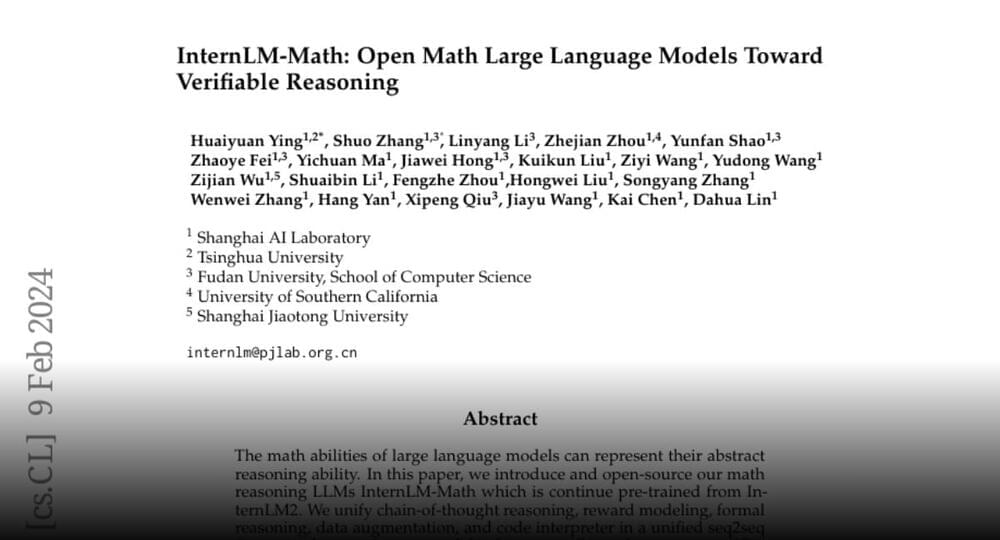

Fields medalist Cédric Villani explains some of John Nash’s most amazing theorems.
Fields medal winner Cédric Villani takes us through the very special world of mathematical creation of John Nash, who founded several new chapters of game theory and geometric analysis in just a few revolutionary contributions that seemed to come from nowhere.
Subscribe for regular science videos: http://bit.ly/RiSubscRibe.
Buy Cedri’s book \.
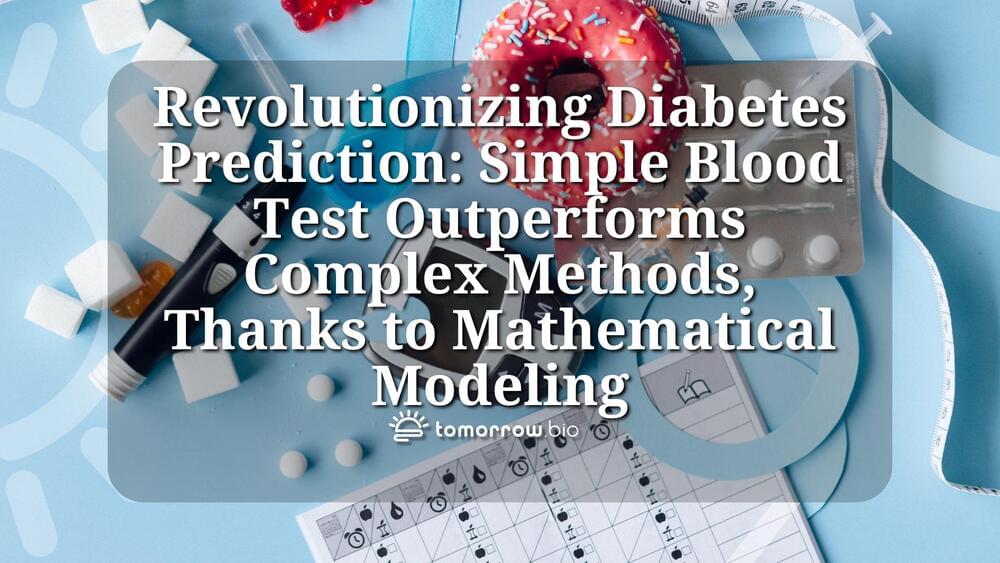
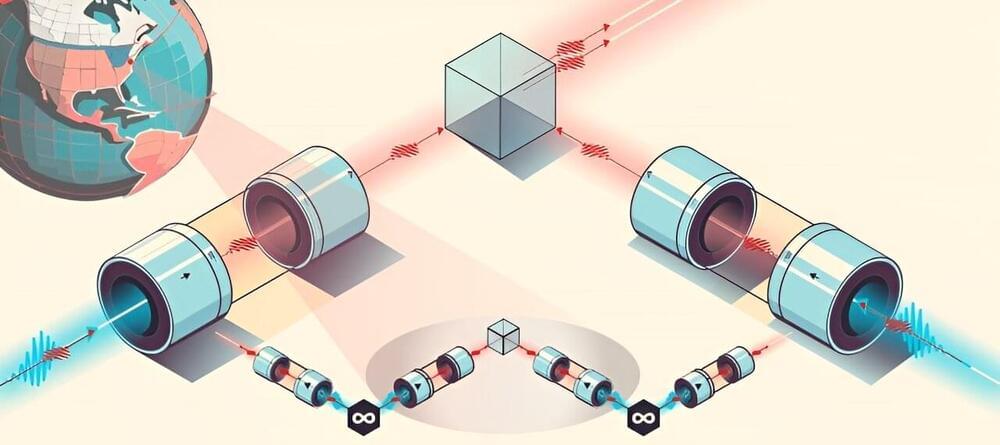
Hong-Ou-Mandel interference of single-#photon-level pulses stored in independent room-temperature #quantum #memories Quantum #repeater #networks require independent absorptive quantum memories capable of #storing and #retrieving indistinguishable photons to perform high-repetition entanglement…
Research with quantum computing and quantum networks is taking place around the world in the hopes of developing a quantum internet in the future. A quantum internet would be a network of quantum computers, sensors, and communication devices that will create, process, and transmit quantum states and entanglement and is anticipated to enhance society’s internet system and provide certain services and securities that the current internet does not have.
A team of Stony Brook University physicists and their collaborators have taken a significant step toward the building of a quantum internet testbed by demonstrating a foundational quantum network measurement that employs room-temperature quantum memories. Their findings are described in a paper published in npj Quantum Information.
The field of quantum information essentially combines aspects of physics, mathematics, and classical computing to use quantum mechanics to solve complex problems much faster than classical computing and to transmit information in an unhackable manner.
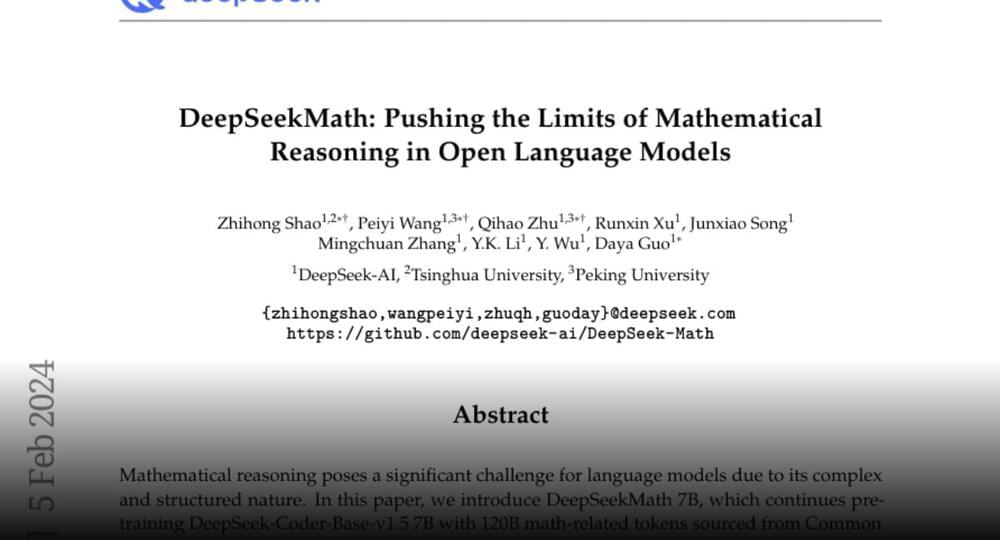
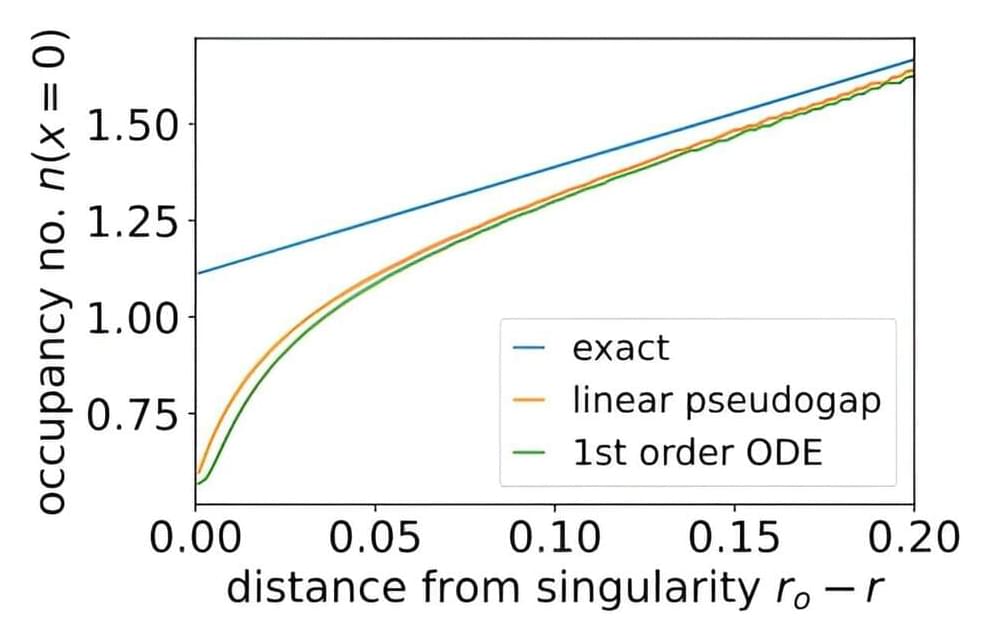
In Lewis Carroll’s Through the Looking-Glass, the Red Queen tells Alice, “It takes all the running you can do, to keep in the same place.” The race between innovation and obsolescence is like this.
Recent evidence about the slowing of technological and scientific progress in contrast to the accelerating epidemiological risks in a globalized world—in the opposite direction—indicates the importance of the relative rates of innovation and obsolescence.
When does innovation outpace, or fail to outpace, obsolescence? Understanding this dynamic is nascent, and the way that innovation is discussed is largely fragmented across fields. Despite some qualitative efforts to bridge this gap, insights are rarely transferred.
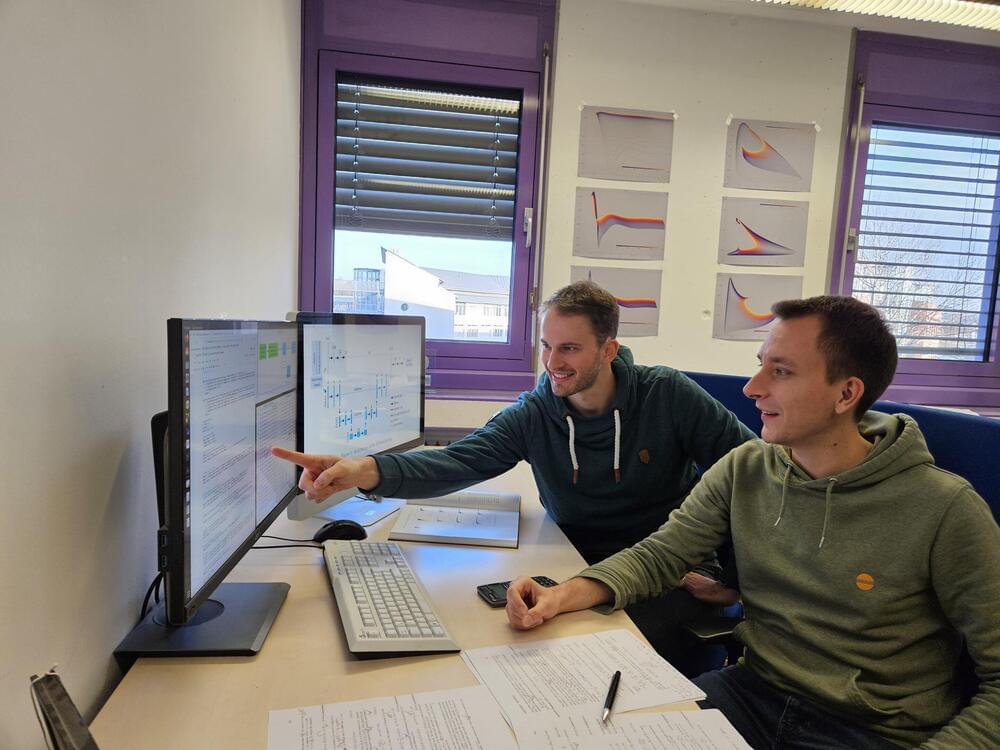
Bayreuth scientists are investigating the structure and long-term behavior of galaxies using mathematical models based on Einstein’s theory of relativity. Their innovative approach uses a deep neural network to quickly predict the stability of galaxy models. This artificial intelligence-based method enables efficient verification or falsification of astrophysical hypotheses in seconds.
The research objective of Dr. Sebastian Wolfschmidt and Christopher Straub is to investigate the structure and long-term behavior of galaxies. “Since these cannot be fully analyzed by astronomical observations, we use mathematical models of galaxies,” explains Christopher Straub, a doctoral student at the Chair of Mathematics VI at the University of Bayreuth.
“In order to take into account that most galaxies contain a black hole at their center, our models are based on Albert Einstein’s general theory of relativity, which describes gravity as the curvature of four-dimensional spacetime.”

In the animal kingdom, there are many grand examples of species that make sense of their world by expertly deciphering even weak signals from their surroundings.
An eagle soaring above the ground spies a river fish down below, about to swallow a bug; a hungry black bear smells a morsel of food two miles away in a dense thicket; a duck-billed platypus, swimming in a freshwater creek, closes its eyes and detects the electric impulses of a tasty tadpole nearby.
Then there are the pit vipers.

Not all software is perfect—many apps, programs, and websites are released despite bugs. But the software behind critical systems like cryptographic protocols, medical devices, and space shuttles must be error-free, and ensuring the absence of bugs requires going beyond code reviews and testing. It requires formal verification.
Formal verification involves writing a mathematical proof of your code and is “one of the hardest but also most powerful ways of making sure your code is correct,” says Yuriy Brun, a professorat the University of Massachusetts Amherst.
To make formal verification easier, Brun and his colleagues devised a new AI-powered method called Baldur to automatically generate proofs. The accompanying paper, presented in December 2023 at the ACM Joint European Software Engineering Conference and Symposium on the Foundations of Software Engineering in San Francisco, won a Distinguished Paper award. The team includes Emily First, who completed the study as part of her doctoral dissertation at UMass Amherst; Markus Rabe, a former researcher at Google, where the study was conducted; and Talia Ringer, an assistant professor at the University of Illinois Urbana-Champaign.
